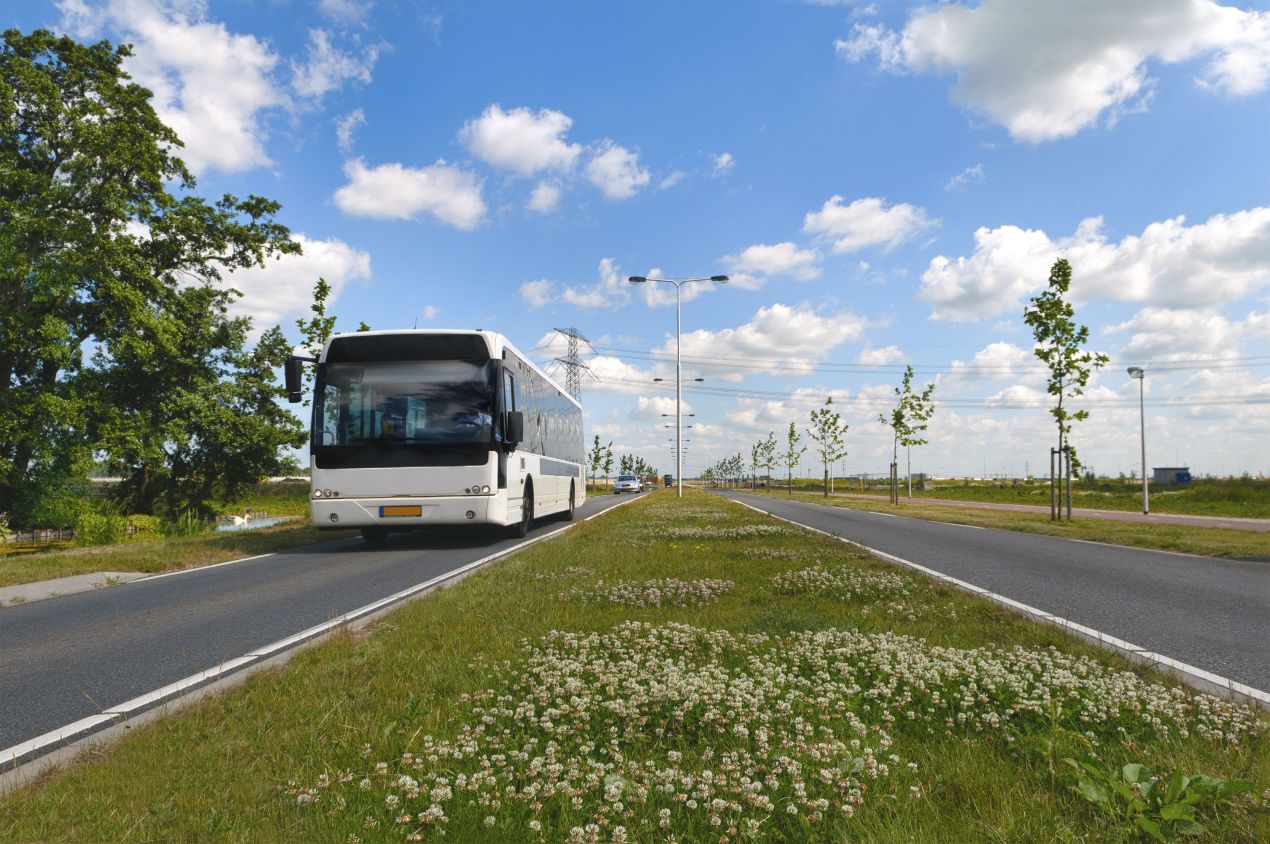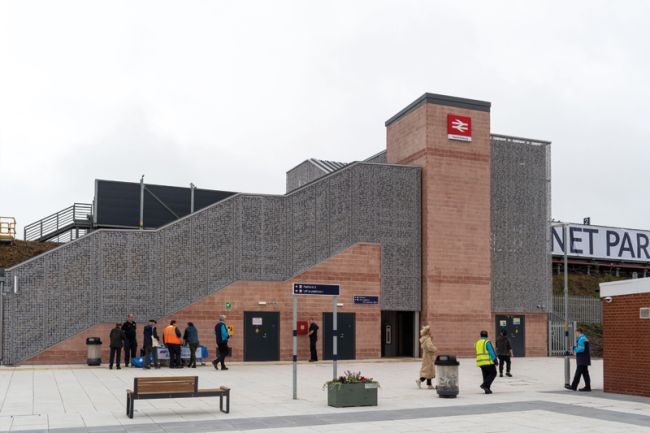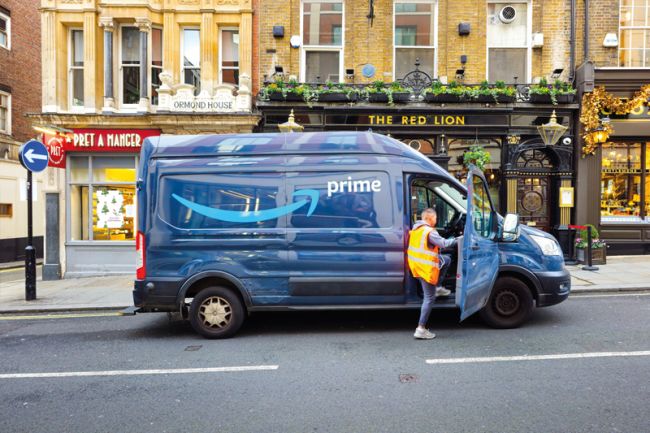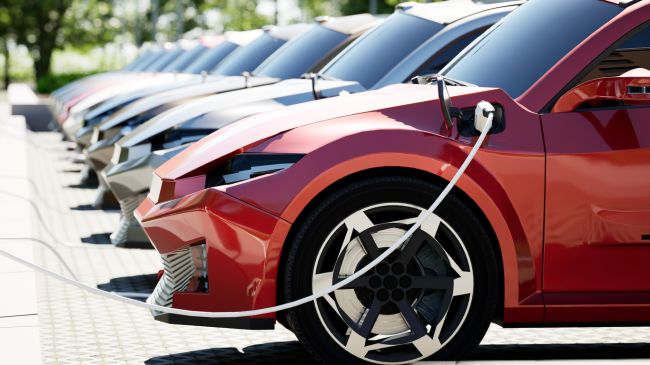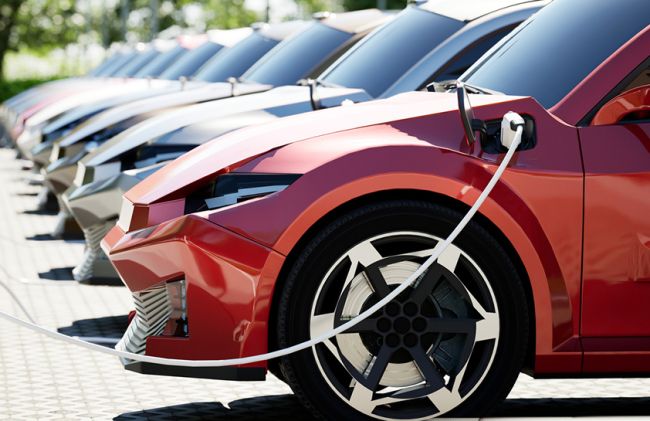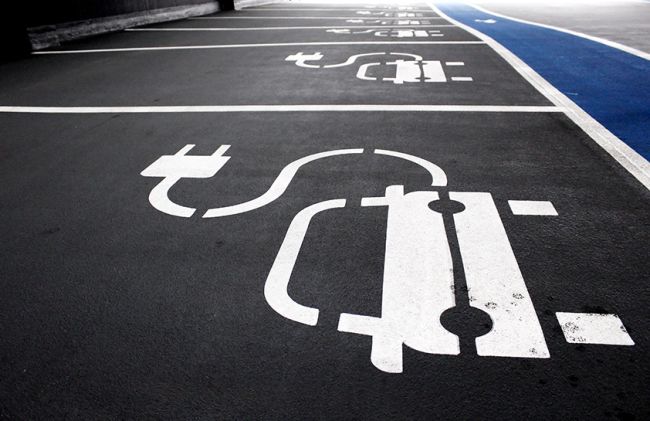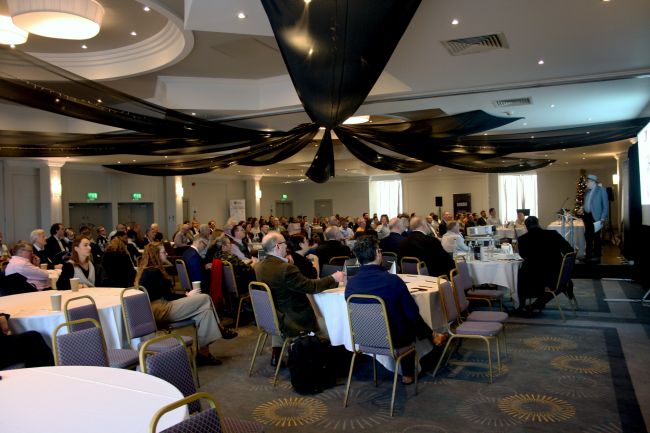Changes in the provision of international and domestic coach services
Moves to deregulate at EU level have triggered changes in the provision of international and domestic coach services.
Moves to deregulate at EU level and in a number of Member States have triggered changes in the provision of international and domestic coach services. Regulation 1073/2009/EC, which came into force in December 2011, clarified and simplified the rules related to international services. In parallel, a number of Member States have liberalised the provision of domestic services, including Germany, from January 2013, and France, from August 2015.
The coach industry lends itself to starting small, sometimes with a single coach offering daily round trips between cities 6-10 hours apart, and building a network by gradually adding links to other cities. Lux Express, established in Estonia in 1993, has built up an extensive network which now serves over 50 destinations in central and eastern Europe extending nearly 2,500 kilometres from Helsinki to Budapest.
Within two years of German market opening, the largest new operators, Flixbus and MeinFernbus, had merged and have now built a network extending to Spain and London. In June 2016 they agreed to buy Stagecoach’s Megabus Europe business, further increase the scale of their operations.
While not as frequent or fast as many rail services, some of which operate on expensive high speed lines, coaches can attract passengers willing to accept a longer journey time and can often allow them to carry large amounts of baggage. In central and eastern Europe, in contrast, rail services may be slower and less frequent, and coach is positioned as the “premium” mode, charging higher fares for fast motorway connections and on-board services including toilet, drinks, seatback video and WiFi.
Coaches require no special infrastructure, and even the extent to which terminals exist and are used by them varies widely. In some cities, coaches are allowed to use the local railway or bus station, where space permits, but in others dedicated coach terminals have been built. Rapid expansion of services has, however, often exhausted the available capacity, preventing new entry unless operators are permitted, and willing, to load and unload at shopping centres, at bus stops, or elsewhere on street.
The effect of these new services on the railways has yet to be seen. Studies in Germany show not only that coach fares are often half those of rail, but also that half of coach passengers come from rail. Where this happens, they add no net revenue to the transport industry but may increase the losses of rail services supported by a Public Service Contract (PSC). This also illustrates the inconsistencies of regulating transport by mode, rather than by market, as rail PSCs in many Member States are protected from new entry by rail but not by coach or air.
A further issue is that deregulation makes it harder to monitor the market, because of gaps in how the Member States collect and report statistics. These are often based on drivers’ counts of those on board at the start of the journey, rather than a more accurate measure of the distance each passenger travelled. Some Member States estimate coach travel within their boundaries, others report coach travel on their operators, and many have little or no information on passengers who cross their territory without leaving the vehicle.
